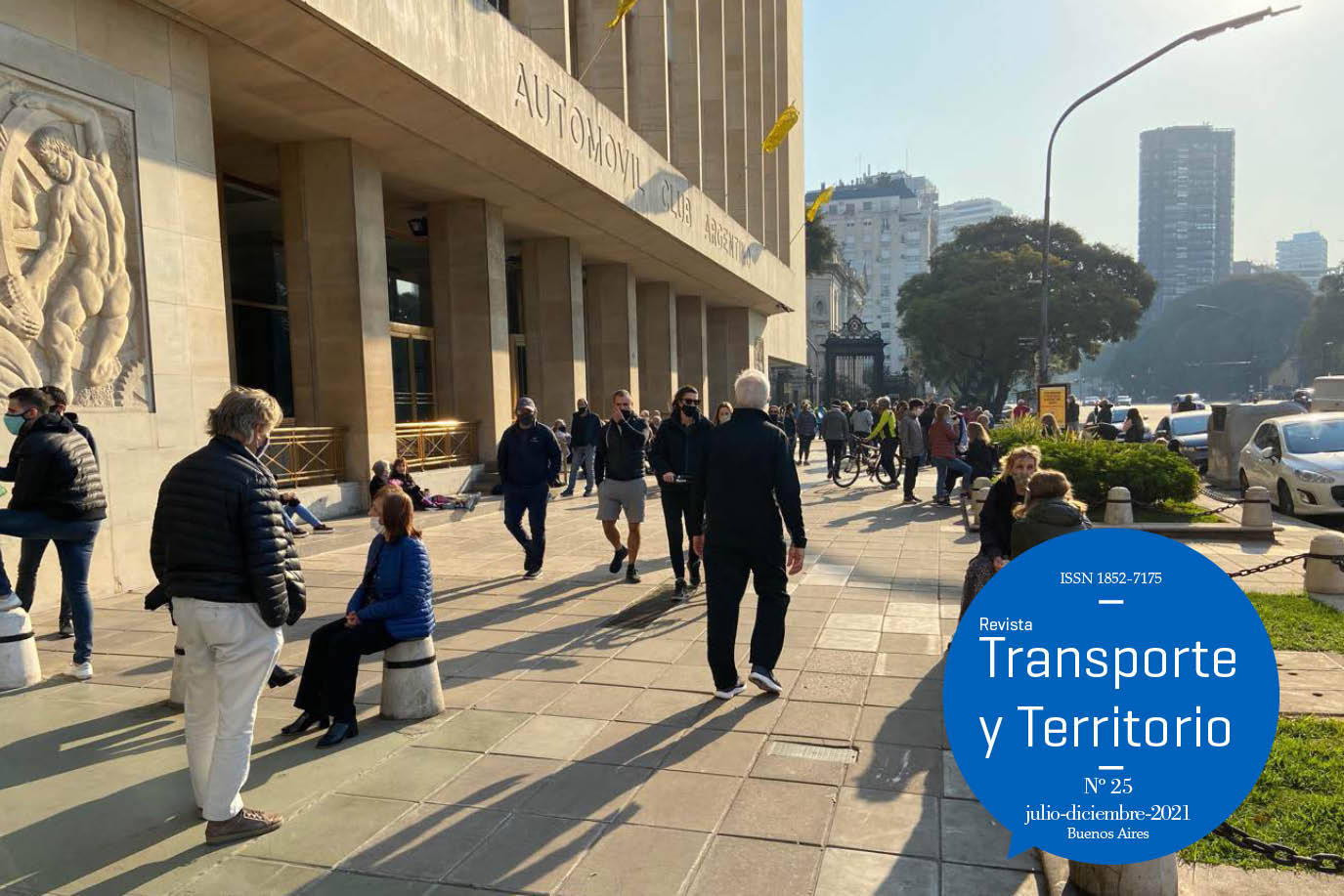Daily travels of people with moderate intellectual disabilities in Chihuahua City, Mexico
Keywords:
Disability, Urban Geography, Daily mobility, Chihuahua
Abstract
The study of disabilities is relevant because space and concepts related to mobility and accessibility are important to the lives of disabled people. This article, from the perspective of urban geography, denounces unjust situations for those with intellectual disabilities during their daily transit through the city of Chihuahua. It parts from a methodological perspective that advocates spatial ethnography in order to explore the various experiences of disabled people, considering three restrictions such as individual skills, authority placed limitations, and joining, as well as the assessment of accessibility barriers. The spatial separation of home and work represent the main obstacle for people with disabilities and it is intensified by mobility difficulties during transit due to inaccessibility to public transportation and the conditions of an urban environment. As mentioned by various authors, it is evident that better adapted cities, with caring and sensitized citizens, will allow disabled people more independence and an opportunity to maintain a good quality of life; socially, economically, and emotionally. The spatial processes of Chihuahua city inhibit people with disabilities, and the main solution to the problem is widening the visibility of said topic through urban planning and research centers focused on inclusion.Downloads
Download data is not yet available.
Published
2021-12-21
How to Cite
Hernández, V., & Palma Suárez, E. T. (2021). Daily travels of people with moderate intellectual disabilities in Chihuahua City, Mexico. Revista Transporte Y Territorio, (25). https://doi.org/10.34096/rtt.i25.8887
Section
Artículos

1.jpg)

3.png)























